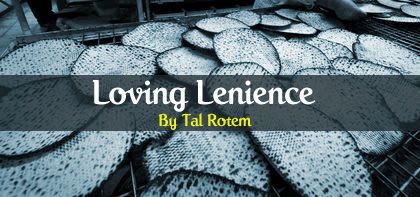
Loving Lenience
The young man was adamant - he wanted a divorce! His wife had failed failed to observe the gebroks custom; she let a few drops of water touch a piece of matza...

Rebbe Nachman of Breslev warned us to be lenient in most areas but strict in certain areas. He told us to be lenient with all the stringencies of the Passover laws, but to be very careful about being happy and avoiding such negative emotions as sadness and depression. He wasn’t alone. The holy “Ohev Yisroel,” Rebbe Avraham Yehoshua Heschel of Apta, was very stringent about loving every Jew but very lenient on other laws, particularly the laws of Passover.
Once, the Apta Rov heard the Koznitzer Maggid yelling at his family members for being negligent in some phase of the matza baking. The Apta Rov remarked gently, “Holy Maggid, wouldn’t you agree with me that anger is the worst type of chametz?”
The Apta Rov’s yahrtzeit was the fifth of Nissan. Rebbe Yisroel of Rozhin was very particular about baking matzas on that day; he quipped, “If I did anything wrong during the baking, then the soul of the holy Apta Rov 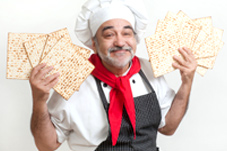 will intercede on my behalf and my matzas will be rendered kosher!”
will intercede on my behalf and my matzas will be rendered kosher!”
Once, the Apta Rov’s rebbetzin was busy with last minute preparations for the seder night when there was a knock on the door. A servant opened the door, and there in the doorway were two charity collectors who going from house to house collecting matza for the town’s poor people. The servant, seeing a stack of matzas wrapped in a white-cloth napkin on the table, took it and innocently gave it to the men. She knew there there would be no lack of matzas in the Rebbe’s home, so these few matzas could certainly go to the poor…
A few minutes later, the rebbetzin entered the room and noticed that the Rebbe’s hand-baked Passover-eve matzas were missing! She felt her heart in her throat, for these was no ordinary matzas. They were the meticulously-prepared and guarded matzas which her husband had baked after immersing in the mikva and just before the holiday was ushered in.
She summoned her household servants and soon discovered how it happened, but there was nothing to be done about it now. She couldn’t bring herself to disappoint her husband by telling him about the mistake, and so, with a heavy heart, she wrapped some ordinary matzas in a white-cloth napkin and placed them on the table. She said nothing more about it.
After Passover was over, an irate young man came to the Rov seeking a divorce. The Apta Rov asked the husband why he wanted a divorce. He replied that his wife had refused to cook the Passover food without gebroks – the stringent custom which requires that no matza come into contact with water at any time.
The Rav told the young man to wait for a moment while he summoned his rebbetzin. When she came in the room, the Rov asked her, “Tell me, what type of matzas did we use for the Passover seder?”
His wife was numbed by the sudden question, and she was afraid to respond. The Rov encouraged her and calmed her fears, and she went on to explain to her husband the entire episode that had transpired the afternoon of the holiday.
The Apta Rov then turned to the young husband and said in a kind tone, “Listen to me, son. On the first night of Passover I ate regular matza; for the sake of my marital peace, which is more important the any stringency, I pretended not to notice any difference. I did this because anger is worse than chometz. Besides, better I jump into the matza oven rather than upset my wife. Do you still think Hashem would want you to divorce your wife because of gebroks?
The young man accepted the Rov’s loving reprimand and immediately went home and made a full reconciliation with his wife. May you have a joyous Passover!




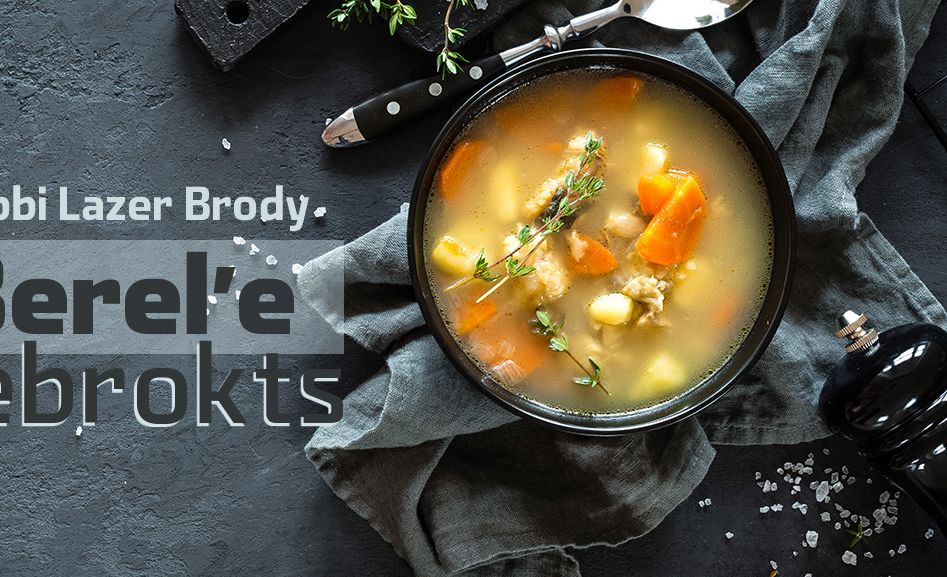



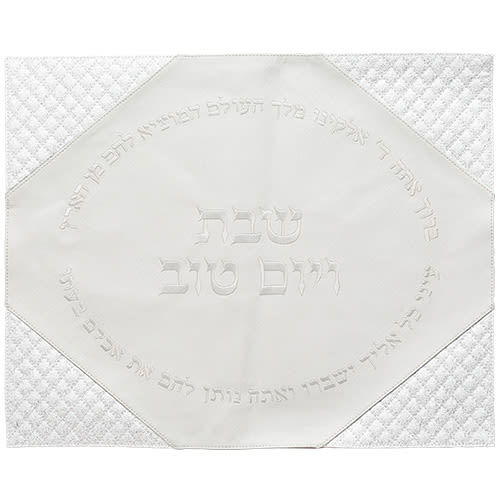


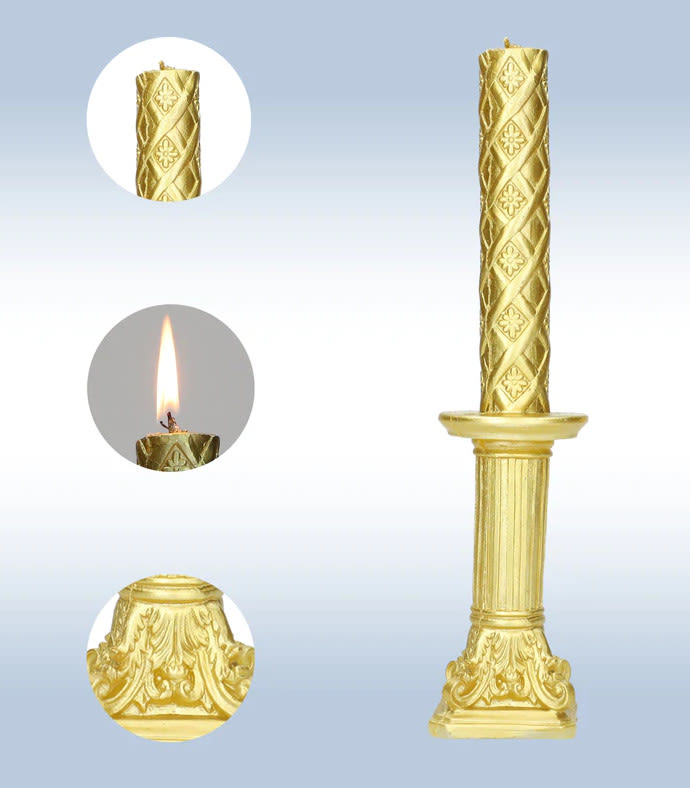
Tell us what you think!
Thank you for your comment!
It will be published after approval by the Editor.